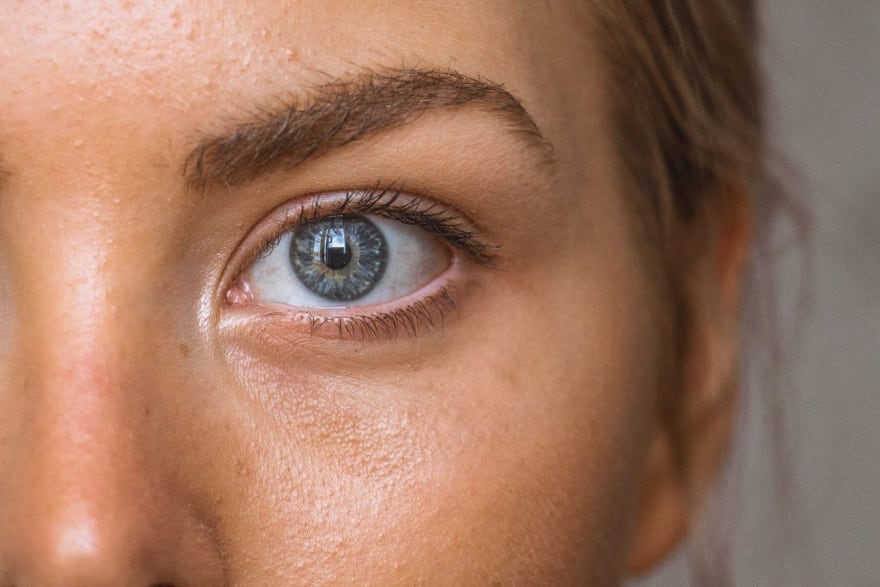Software developers can easily spend more than ten hours a day staring at a screen. We check our emails on a tablet when we wake up, read and write code on computer screens throughout the day, and watch TV at night. Our intense and prolonged use of digital devices can lead to a host of eye-related symptoms, such as:
- Tired eyes
- Blurry vision
- Dry eyes
- Headaches
- Red eyes
- Neck or shoulder pain
While it's always a good idea to reduce screen time, that's not always practical. Thankfully, there are ways you can protect your eyes that don't require major adjustments to your routine. This article will list 6 tips you can implement today to protect your eye health.
How to Protect Your Eyes
Look at Something Far Away
Our eyes struggle when they have to focus on anything nearby for a prolonged period of time. Because the words and the code we look at are often quite small, our eyes struggle even more. Eventually, they are unable to recover from the constant tension screens require, leading to the problems described above.
Give your eyes a break with the 20/20/20 rule. Every 20 minutes, take 20 seconds to look at something 20 feet away (about 6 meters). It's not a hard ask. You can do it at the end of every Pomodoro session.
Blink More
We blink to wet and cleanse our eyes, which keeps them from becoming dry and irritated. On average, we blink fifteen to twenty times a minute. But when we're looking at a screen, many of our blinks are incomplete. The upper eyelid doesn't contact the lower eyelid, which means that only part of our cornea gets moistened.
The solution is simple. Every once in a while, look away from your screen and perform a few complete, slow blinks, as if you're falling asleep. Tack this at the end of the 20/20/20 rule and you have two great habits to protect your eyes.
Invest in a Good Monitor
Some monitors are much better for your eyes than others. Our eyes don't like flickering, glare, and low resolutions. An OLED panel is great for your eyes, because it has vibrant colors, wide viewing angles, and emits significantly less blue light than an LCD panel.
It's also a good idea to choose a screen with a refresh rate of at least 75 Hz, because that offers a much smoother viewing experience that is easier on the eyes. It's even better when the screen is anti-reflective and anti-glare too.
Consider the Ergonomics
It's vitally important for your general health to build an ergonomic workspace. For your eyes in particular, make sure you sit an arm-length away from your screens. Your screen shouldn't be tilted and should be positioned right below eye level.

Reduce Blue Light
Blue light isn't inherently bad. During the day, it can boost your attention and mood. But at night, it can suppress the secretion of melatonin, which regulates our sleep-wake cycle. Any type of light does this, but blue light does so most powerfully.
When you're looking at a screen in the dark, it's a good idea to install software that controls the color temperature of your screen. F.lux is the best-known example of such software, although many modern operating systems now have built-in features that do this for you.
Maintain a Healthy Diet
You need to drink enough water throughout the day. Just like blinking, water keeps your eyes hydrated and healthy. Drink even more water when you're drinking coffee or tea, because anything with caffeine further dehydrates your body.
In addition, a healthy diet will keep your eyes healthy too. These nutrients, in particular, are good for your eyes: omega-3, fatty acids, lutein, zinc, vitamin E, vitamin C. You can find these in leafy vegetables, fatty fish, eggs, nuts, beans, and citrus fruits.
To recap, if you want to protect your eyes as a developer, it's a good idea to:
- Look at something far away every once in a while;
- Perform a few slow blinks every once in a while;
- Invest in a good monitor;
- Improve the ergonomics of your office;
- Reduce blue light at night;
- Drink more water and eat a healthy diet.



Top comments (0)